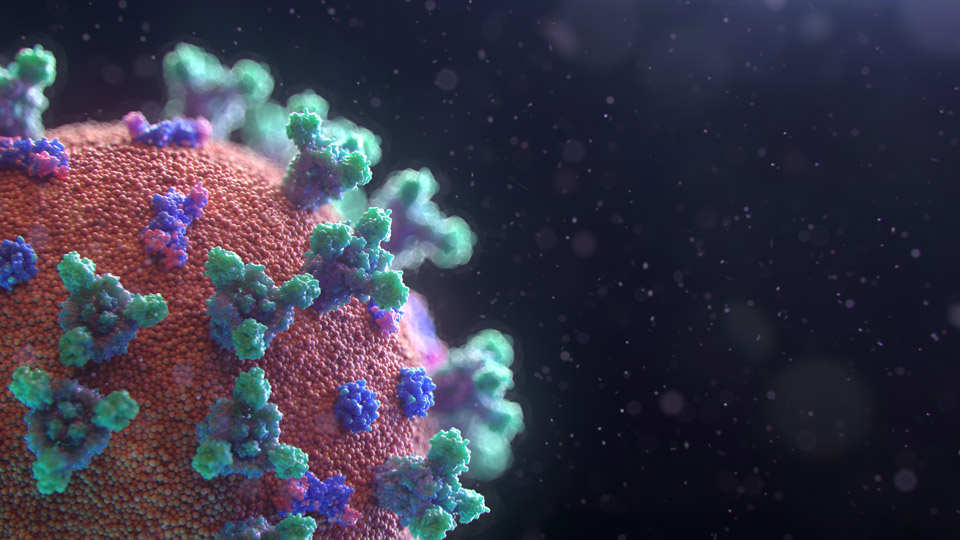The outbreak of novel Coronavirus (COVID-19) in Mainland China
If you have travelled overseas or think you may have been a close contact of a confirmed case of coronavirus, special restrictions apply to you. you must isolate yourself, which means you stay at home and do not attend public places, including work, school, childcare or university. For the latest advice on who needs to isolate, go to www.health.gov.au.
While coronavirus is of concern, it is important to remember that most people displaying symptoms such as fever, cough, sore throat or tiredness are likely suffering with a cold or other respiratory illness-not coronaviruses.
Who is most at rick
Some people who are infected may not get sick at all, some will get mild symptoms from which they will recover easily, and others may become very ill, very quickly. from previous experience with other coronaviruses, the people at most risks of serious infection are:
- people with compromised immune systems, such as people with cancer, diabetes
- elderly people
- very young children and babies, and
- people with diagnosed chronic medical conditions.
*Wash your hands with soap and water often!
How is it spread?
The coronavirus is most likely to spread from person-to-person through:
- direct contact with a person while they are infectious
- close contact with a person with a confirmed infection who coughs or sneezes, or
- touching objects or surfaces (such as door handles or tables) contaminated from a cough or sneeze from a person with confirmed infection, and then touching your mouth or face.
Most infections are only transmitted by people when they have symptoms. These can include fever, a cough, sore throat, tiredness and shortness of breath.
*Do not shake hands!
What do I do if I develop symptoms?
If you develop symptoms (fever, a cough, sore throat, tiredness or shortness of breath) within 14 days of leaving OVERSEAS or within 14 days of the last contact of a confirmed case, you should arrange to seek your doctor’s advice.
You may be referred to a special clinic or hospital it would be wise to telephone in before you arrive and tell them your history or that you may have been in contact with a potential case of coronavirus. You must remain isolated either in your home or a healthcare setting until public health authorities inform you it is safe for you to return to your usual activities.



